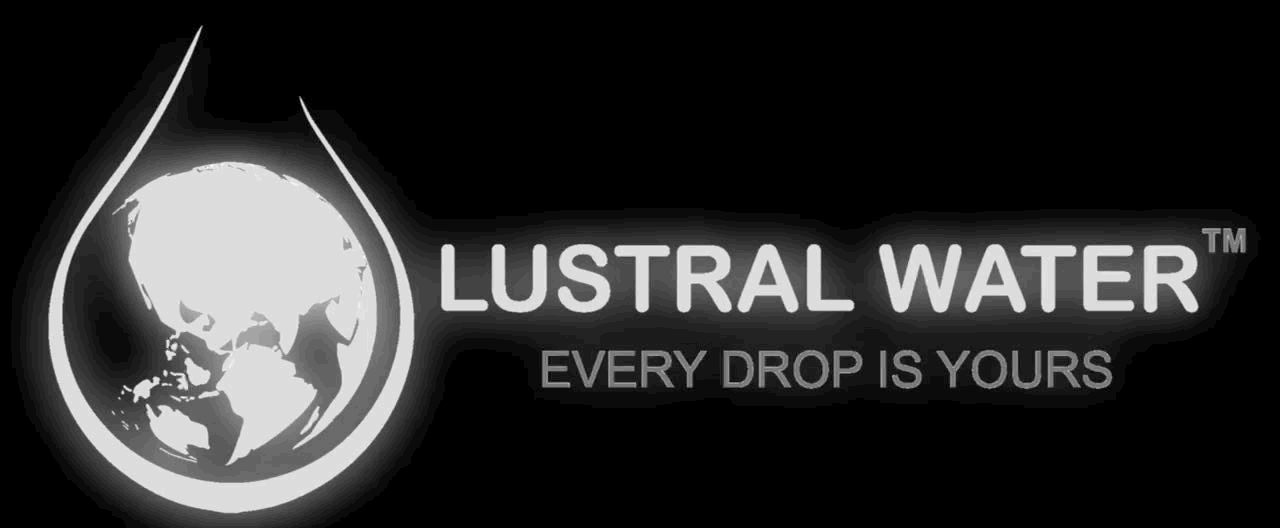Enter any urban household in India, and you will be sure to find a water purication system with RO os reverse osmosis filtration in place. This proves how RO is one of the most trusted and most popular purification systems. Not only does it purify your water but is also an economical way to keep your family safe from the many contaminants that can affect one’s health. Want to more about this advanced purification process before making the decision of bringing a water purifier home? Here is everything you need to know.

What is a Reverse Osmosis Water Filter Whole House System?
Reverse Osmosis is a process where water is forced through a semi-permeable mebrane to separate water from the contmainanta, be it chemical, physical, or microbial. This is addition to UV (Ultraviolet) and UF (Ultrafiltration) filters, can provides a wholesome protection. While a simple water filter can offer drinking water alone, a reverse osmosis water filter whole house system provides pure water across the entire home.
Do you know what makes up an RO system? Some of its major components include:
- Pre-Filters: These first set of filters capture larger particles like sand and silt, so the important main RO membrane remains undamaged.
- RO Membranes: The next layer of RO membrane is the core component that removes dissolved solids and contaminants.
- Storage Tanks: Once passed through the RO membrane, the filters water is stored for household use.
Sometimes in addition to the above, there is also an additional carbon filter which removes the unwanted odor, improving the taste od the water.
Benefits of Using a Whole House Reverse Osmosis System
Improved Water Quality
Whole house reverse osmosis systems significantly enhance water quality by removing contaminants such as heavy metals, bacteria, and viruses, ensuring safe and pure water for all household activities.
Health and Safety Advantages
These systems reduce exposure to harmful substances, providing health and safety benefits. Clean water is crucial for preventing waterborne illnesses and promoting overall well-being.
Environmental and Economic Benefits
Investing in a whole house reverse osmosis system can lead to long-term cost savings by reducing the need for bottled water and minimizing environmental impact.
|
Benefit Category |
Key Advantages |
|
Improved Water Quality |
- Removes heavy metals, bacteria, viruses, and chemicals- Delivers pure, safe water from every tap |
|
Health and Safety |
- Reduces risk of waterborne illnesses- Supports better skin, digestion, and immune health |
|
Environmental Impact |
- Cuts down plastic waste by eliminating bottled water use- Reduces household reliance on single-use plastics |
|
Economic Benefits |
- Long-term savings on bottled water and filter replacements- Extends lifespan of plumbing and appliances by preventing scale and corrosion |
Comparing Whole House Reverse Osmosis Systems
Factors to Consider
When choosing the best reverse osmosis system for your home, consider factors like capacity, efficiency, and maintenance requirements to ensure it meets your household's needs.
Also, take into account your budget and family size which in turn helps you with the capacity estimate. Most companies these days offer an AMC (annual maintenance contract) which maies it easier for scheduling maintenance. Opt for it for an efficient running RO system in the long run.
Top Models and Brands
|
Brand & Model |
Key Features |
Approx. Price Range |
Ideal For |
|
Reverse Osmosis RO Capacity: 1000 LPH FRP Plant |
High-capacity 1000 liters/hour, suitable for large households or commercial use |
₹2,75,000 |
Large homes, commercial establishments |
|
Clear Aqua Home RO Series |
500–1000 LPH capacity, high recovery rate, easy installation |
₹1,50,000 – ₹2,00,000 |
Medium to large households |
|
Ionix Supreme Tank Filter |
4-stage filtration with advanced UF filter, tackles hard water issues |
₹26,500 |
Areas with hard water conditions |
|
Crystal Quest 1500 GPD Whole House RO System |
High flow rate, removes a wide range of contaminants |
₹3,99,900 |
Large households requiring comprehensive filtration |

Customer Reviews and Ratings
Customer feedback highlights the ease of maintenance and enhanced water quality provided by these systems. Ratings often reflect the effectiveness and reliability of the models.
Installation and Maintenance of Reverse Osmosis Systems
Installation Process
Installing a reverse osmosis system involves several steps, including setting up the pre-filters, RO membrane, and storage tanks. Professional installation is recommended for optimal performance.
Maintenance Tips
Regular maintenance, such as replacing filters and sanitizing the system, is essential for ensuring system efficiency and longevity. Keeping water pressure in check and troubleshooting common issues are also important.
Frequently Asked Questions (FAQs)
1. What is a whole house reverse osmosis (RO) system?
A whole house RO system purifies water at the point of entry, ensuring that every tap in your home—including showers, kitchen faucets, and laundry—receives highly filtered, contaminant-free water.
2. How is a whole house RO system different from under-sink or countertop filters?
Under-sink and countertop filters only treat water at a specific outlet (usually the kitchen sink). A whole house system treats all the water entering your home, offering complete coverage for drinking, bathing, cooking, and cleaning.
3. What contaminants does a whole house RO system remove?
These systems can effectively remove heavy metals (like lead and arsenic), chlorine, pesticides, fluoride, nitrates, bacteria, viruses, and other harmful dissolved solids from your water supply.
4. How often do I need to maintain or replace filters in a whole house RO system?
Pre-filters and post-filters generally need replacement every 6–12 months. The RO membrane typically lasts 2–3 years, depending on your water quality and usage. Regular maintenance ensures optimal performance.
5. Is it worth the investment for homes with municipal water?
Yes. Even municipal water can contain chlorine, microplastics, and other residual contaminants. A whole house RO system offers an extra layer of protection and is especially beneficial for people with health concerns, sensitive skin, or a preference for ultra-pure water.
Choosing the right reverse osmosis water filter system for whole house use is crucial for ensuring clean and safe water. By understanding the benefits and functionalities of these systems, homeowners can make informed decisions and improve their water quality significantly.
Ensure clean and pure water throughout your home with Lustral Water’s Reverse Osmosis systems. Click here to explore our solutions and experience the difference in water quality today!





